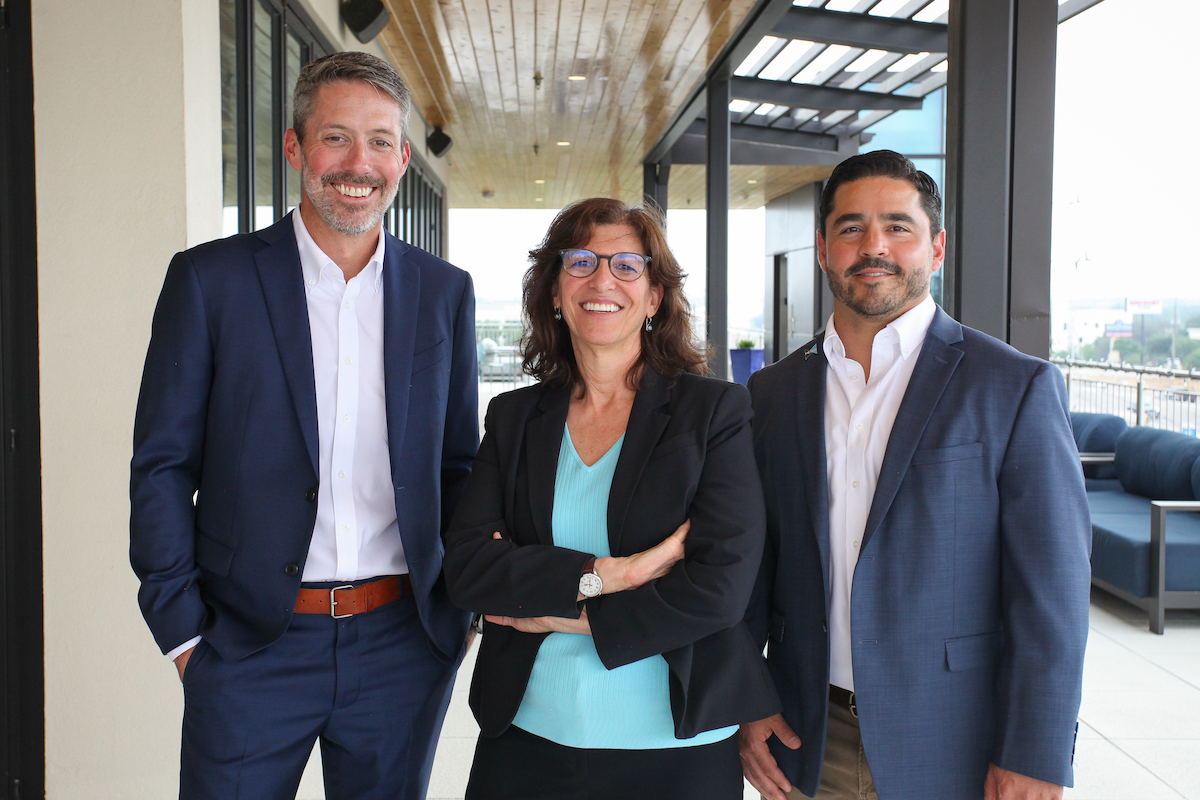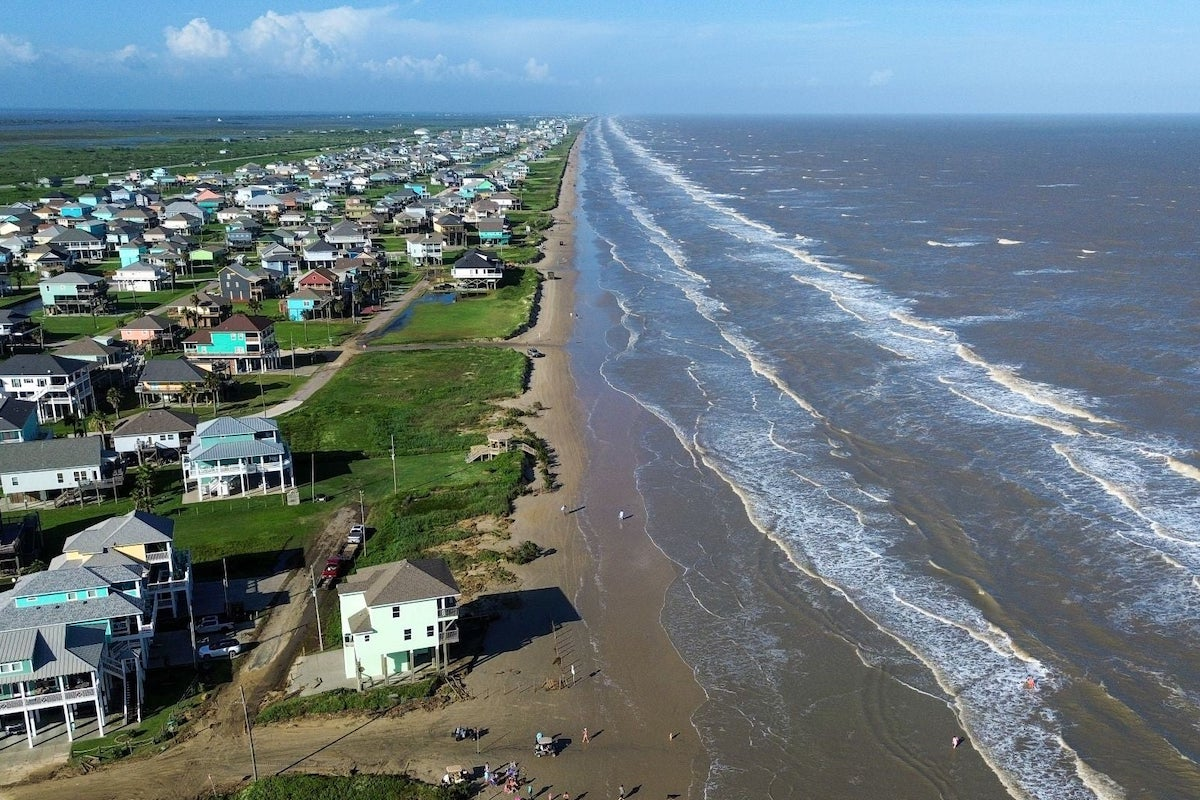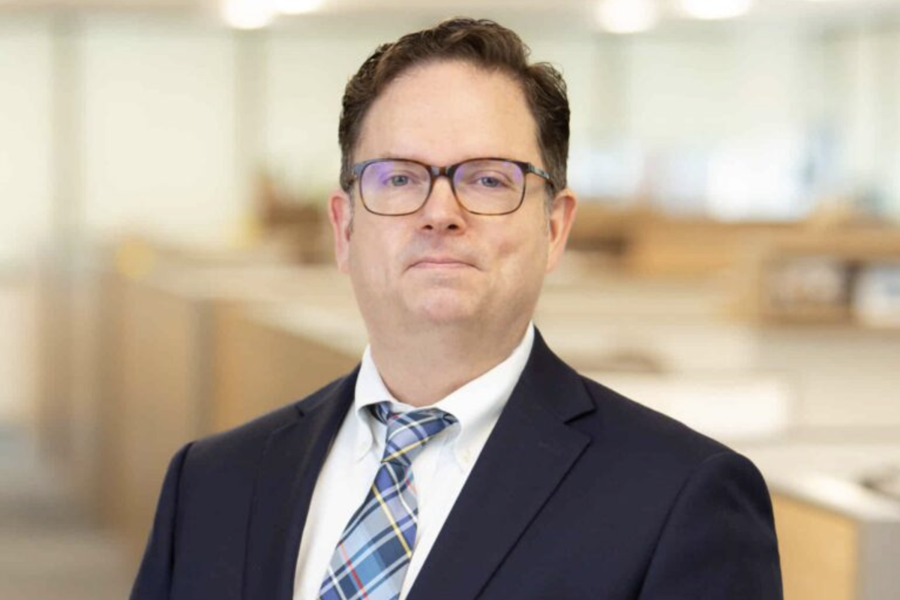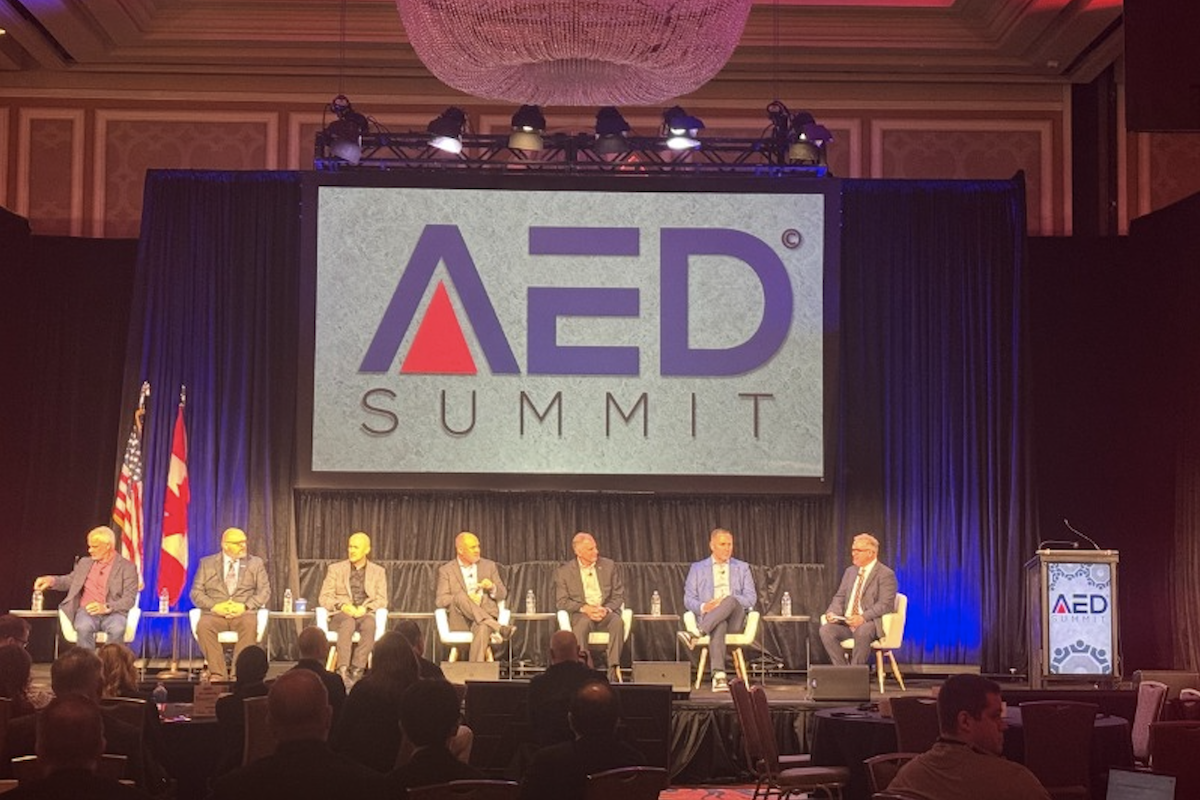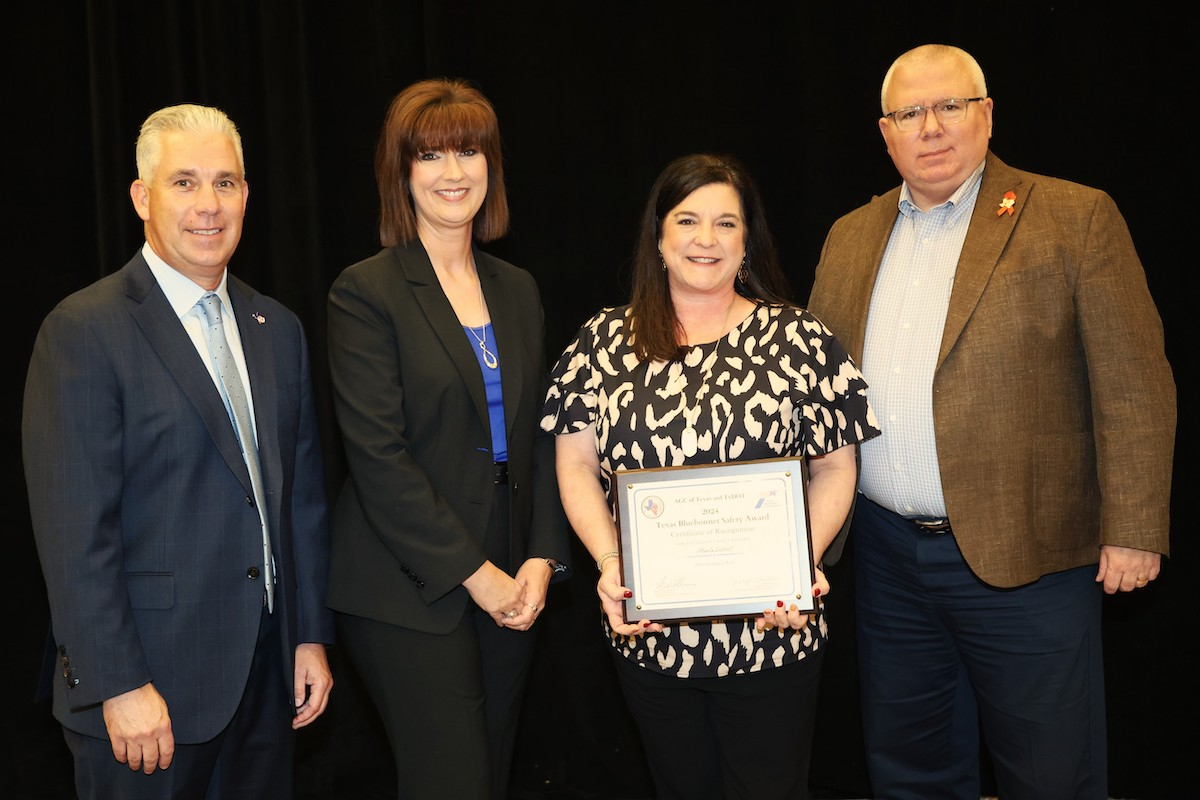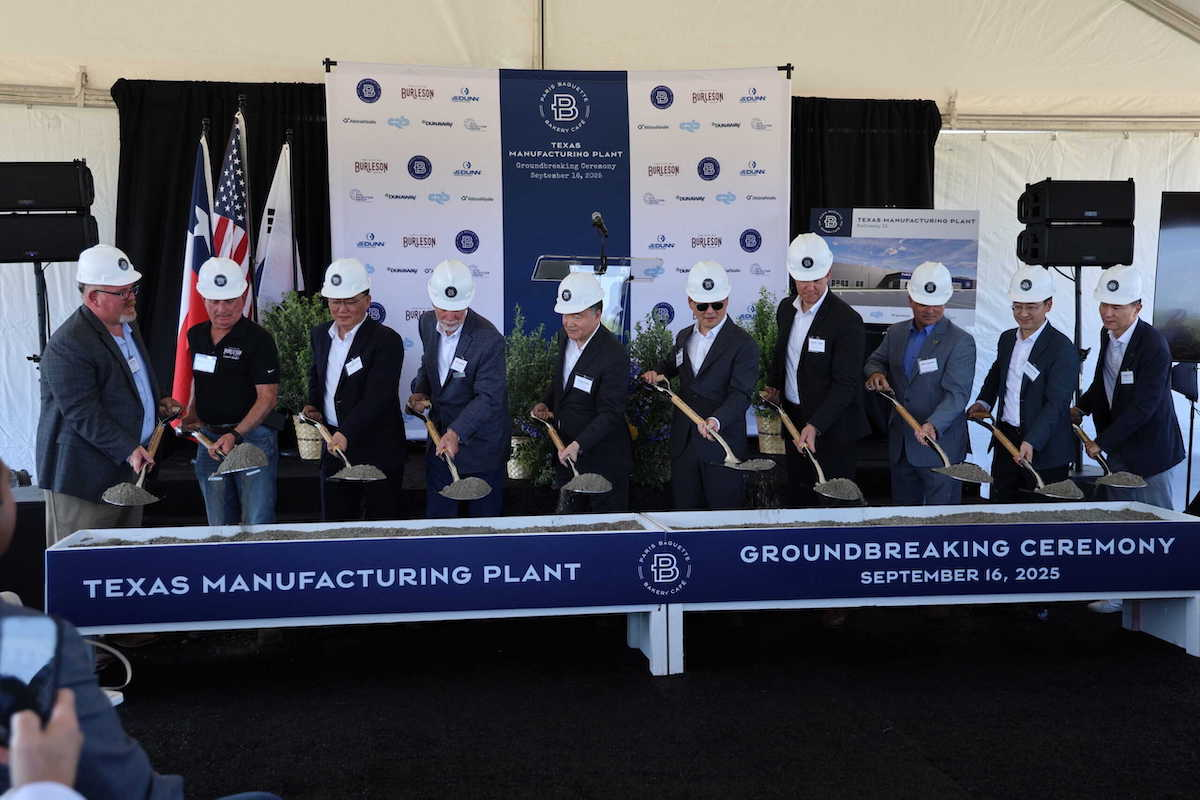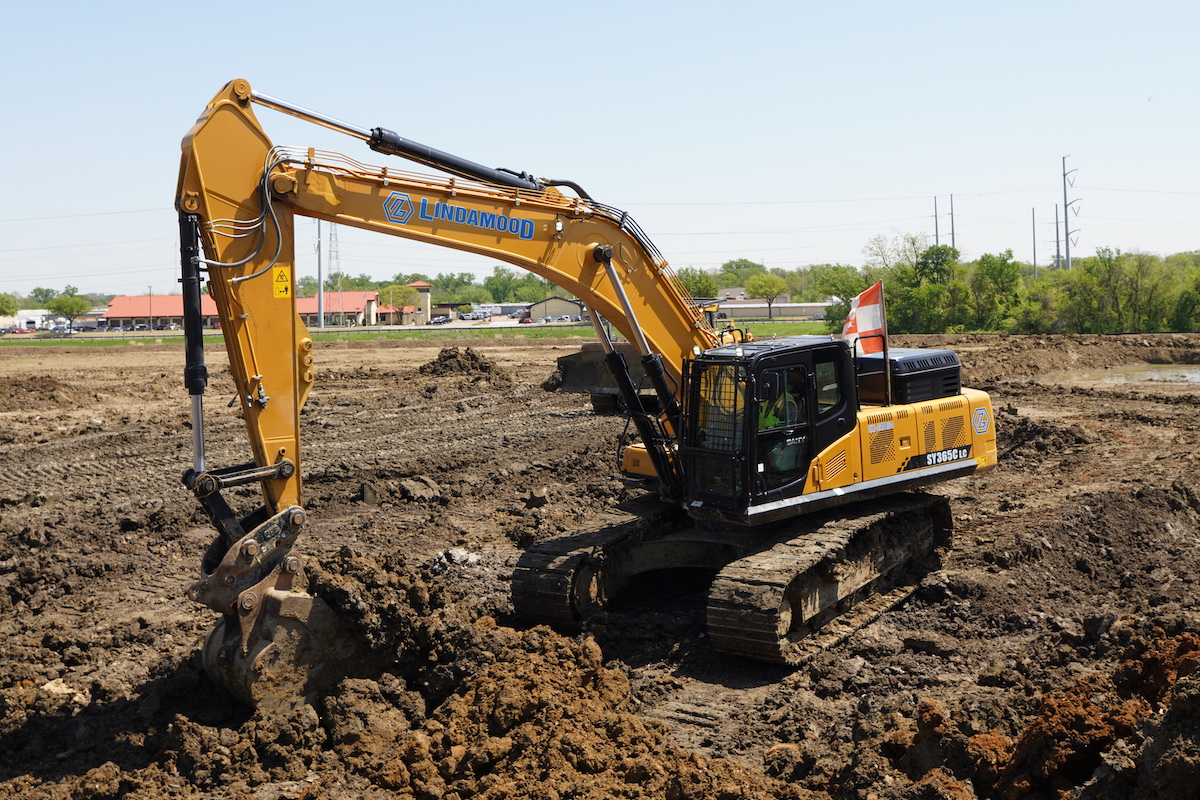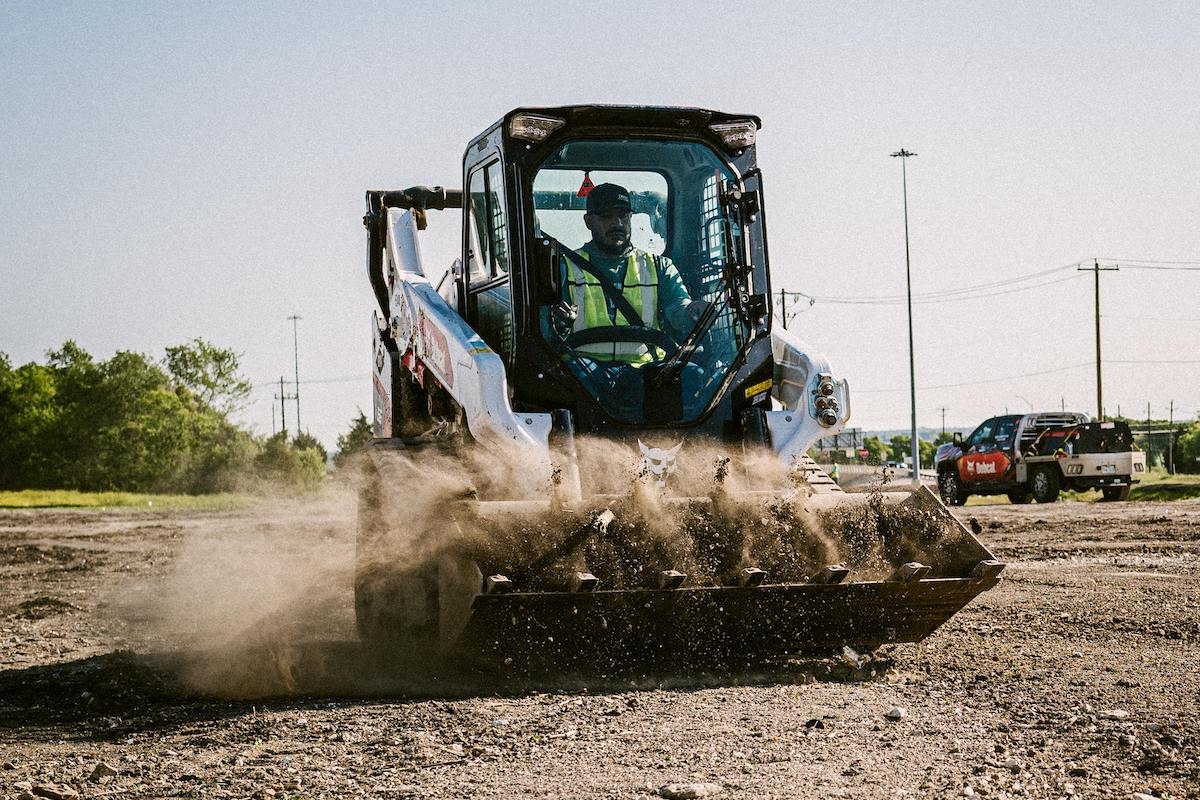In fact, the longtime transportation researcher freely admits that he became an engineer because he was good at math and not so good with people. But in his 40-plus years with the Texas A&M Transportation Institute, Lomax has picked up more than a few unexpected skills, ultimately becoming a major public face of the agency’s cutting-edge mobility research.
As he puts it, “It’s been very rewarding, but also very weird.”
“I’m talking to people in the media, I’m talking to legislators, I’m talking to a whole range of people,” Lomax said. “It’s allowed me to get a message across that I think is really important about the value of transportation and how people can use transportation to make better decisions about how they travel.”
Ahead of his final day of work, Lomax took some time to reflect on his life-long fascination with the systems and machines that move people from place to place. With a wry sense of humor that will no-doubt be familiar to his friends and colleagues, Lomax remarked that his relationship with transportation started early: “My mother told me to go play on the freeway when I was very young.”

| Your local Hitachi dealer |
|---|
| Bane Machinery |
In truth, he said, “I was just fascinated by trains and cars and buses and boats.” So much so that he went on to earn his bachelor’s degree, master’s degree, and Ph.D. in civil engineering from Texas A&M University, taking a job with TTI upon completion of his undergraduate studies in 1979.
Since then, the state’s population has more than doubled, creating plenty of challenges for him and his colleagues. From relieving road congestion to improving the safety of drivers and pedestrians, Lomax has been involved in a diverse range of projects over the years — all of them supporting TTI’s mission to save lives, time, and resources across the Texas transportation grid.
These days, his name appears on countless academic studies as well as TTI’s annual Urban Mobility Report, a project he began in the early 1980s that today is cited by media outlets and researchers statewide and beyond. Among other contributions, Lomax has played a central role in implementing bus and carpool lanes across the state’s urban centers.
“The general notion was, ‘Texans won’t ride buses, they won’t get in carpools, they’re wedded to their cars,’” he said. “But what we’ve proved is that if you save people time, you save them money, you give them a more reliable trip … they’ll choose that.”
Though his work is nationally recognized, Lomax is also known for tackling a number of local transportation challenges. When he was not providing expert testimony to the Texas Legislature and U.S. Congress, he was helping things run smoothly and safely around Texas A&M and the surrounding communities — especially during Aggie Football season. Lomax was tapped to coordinate game day traffic and transportation efforts in 2013.
“That was the year that A&M played Alabama and the year after Johnny Manziel won the Heisman,” Lomax said. “There were a lot more people on campus than anybody had expected.”
With the Kyle Field expansion also looming, TTI was asked to work with campus and city authorities to solve an increasingly daunting transportation puzzle — with Lomax leading the charge.
Fortunately, he said, “It became very apparent that there was a lot of really good work going on. It just needed a little bit of coordination. I get way more credit for how well that process has gone than I deserve. There’s hundreds of people involved in game day transportation, operation and planning, and I’m lucky enough to be a part of that team.”
Teamwork is something of a specialty for Lomax, as well as a point of pride. Though the state’s transportation problems continue to grow in size and complexity, he said he has felt comfortable stepping into smaller and smaller roles over the past few years, knowing that tomorrow’s mobility challenges are in the capable hands of his teams.
“The simple problems in transportation aren’t nearly as interesting as the ones that need planners, engineers, economists, and communication specialists to go after them. And I feel like I’ve been able to help bring together some of those teams,” Lomax said. “Now I just feel I sort of need to get out of their way and let them go do it.”
While he admits it will feel a little strange not coming into the office anymore, Lomax said he is looking forward to more time with family and whatever else might come his way. For once, he is content not knowing exactly where things are going.
“I know for the next month I’ve got a job helping the San Antonio Rodeo with their traffic,” he said. “After that, I’m not real sure what I’m going to do other than spend a little bit more time with my wife, my son, and my grandkids. I’m going to enjoy that.”













